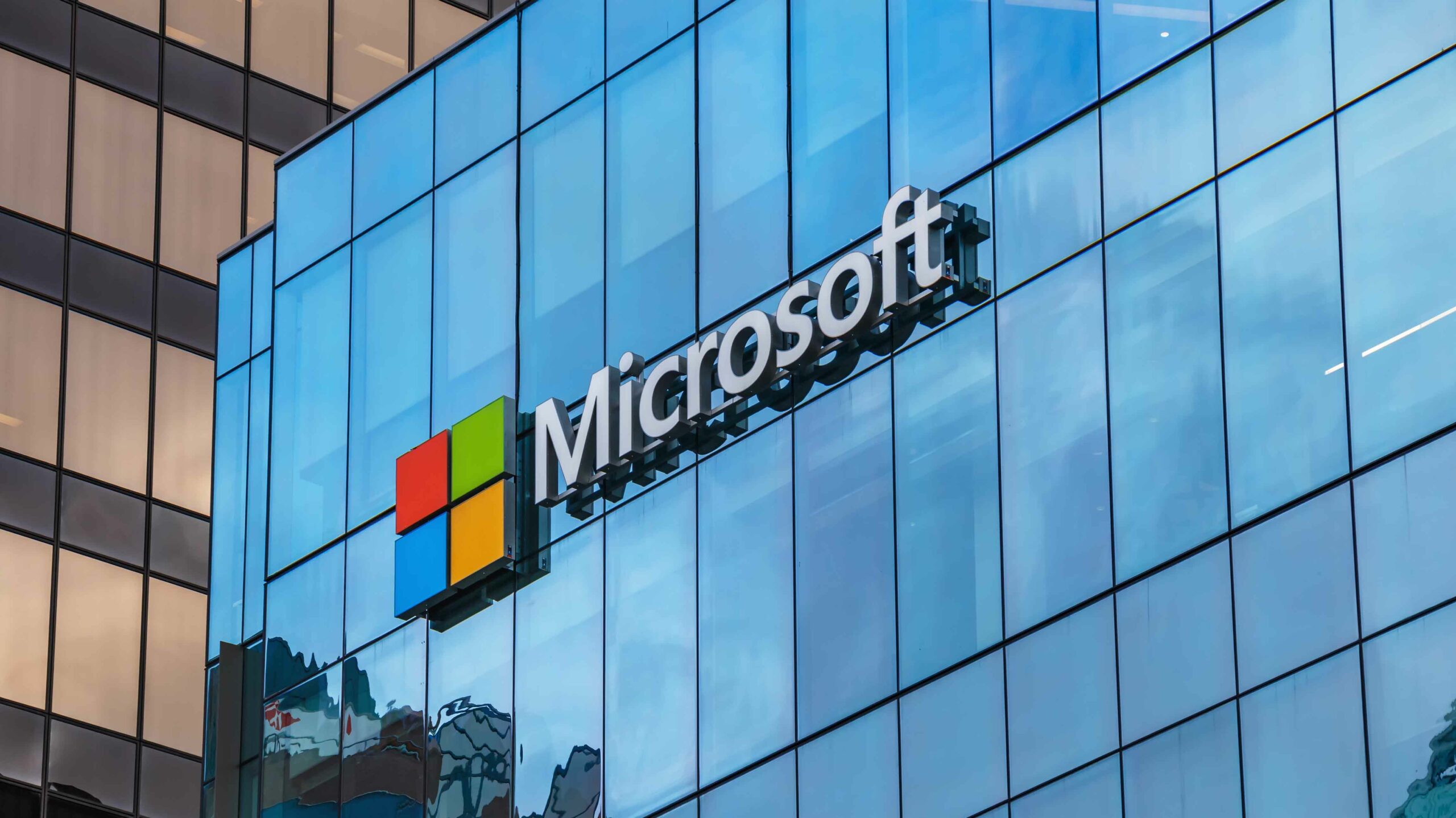
Microsoft unveiled the latest ‘version 1.2‘ of its DirectStorage SDK on Tuesday, April 18th, which could aid in speeding up older hard drives.
DirectStorage was initially developed to allow gamers to stream data from the latest solid-state drives (SSDs) to their graphics processing units (GPUs) without the need for the CPU to slow down the process. However, Microsoft has now learned from developers that improved support for legacy hard drives would also benefit games.
While DirectStorage has always worked with hard drives, developers have had to use separate methods for NVMe devices and HDDs. This complicates the process of supporting an API designed for high-speed SSDs, which are not always used by PC gamers to store and play games. With DirectStorage 1.2, however, developers can now use the same code on SSDs and HDDs.
“The legacy hard drives require buffered IO in order to mask the long seek times. For this reason, we added the ability to configure DirectStorage to open files in buffered mode,” wrote the DirectX team. As a result, developers will now be able to enable this mode for games installed exclusively on slower HDDs, so they can benefit from OS file buffering features and speed increases.
Despite these changes to DirectStorage, we are still waiting for games to adopt them. So far, only Forspoken has added DirectStorage support. Microsoft’s technology has improved load times by around 30 percent or more. Nvidia, AMD, and Intel are all prepared to support the latest GPU decompression techniques of DirectStorage, so we hope to see more game developers adopting the technology now that it benefits older hard drives.
Image credit: Shutterstock
MobileSyrup may earn a commission from purchases made via our links, which helps fund the journalism we provide free on our website. These links do not influence our editorial content. Support us here.


